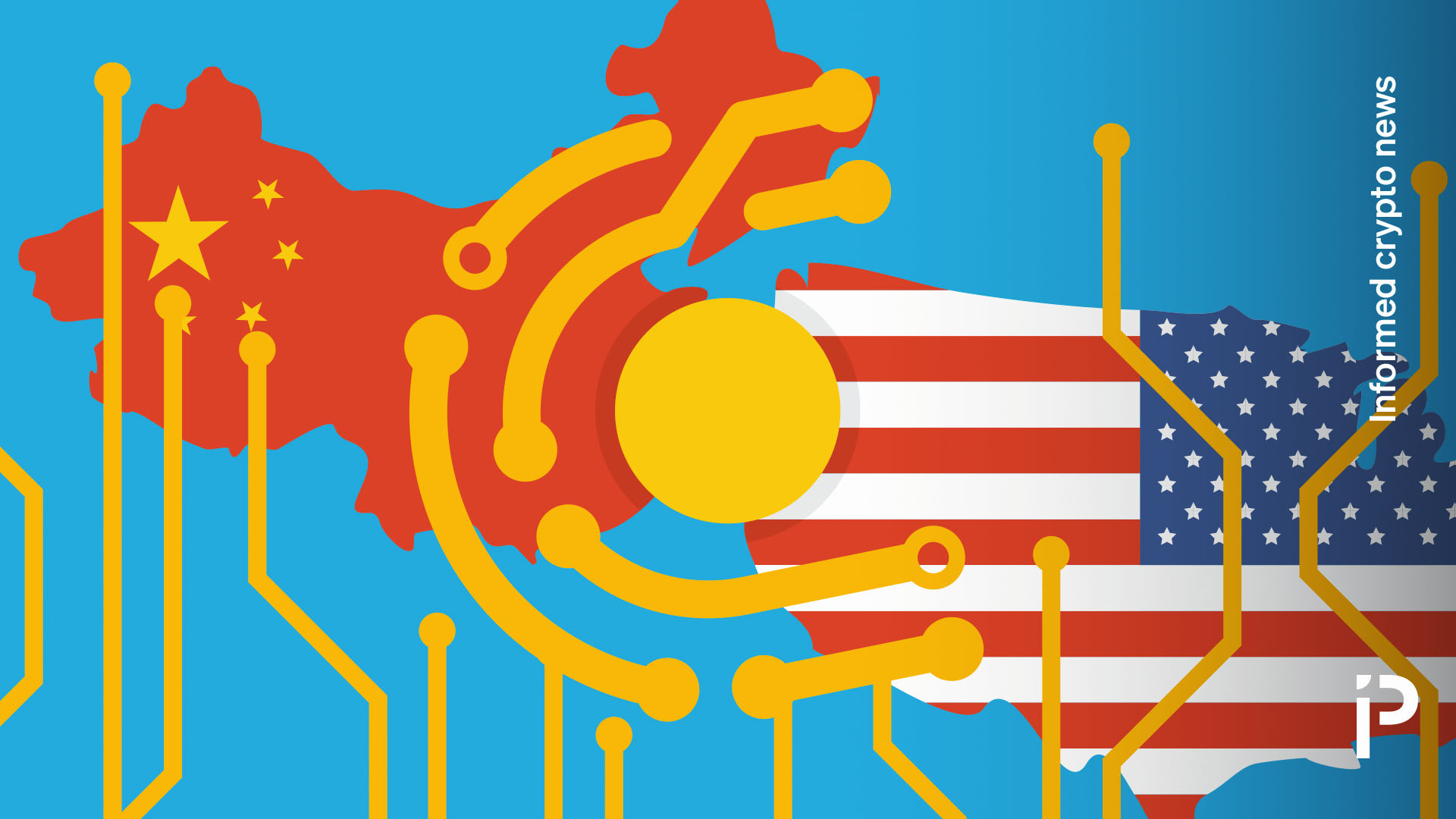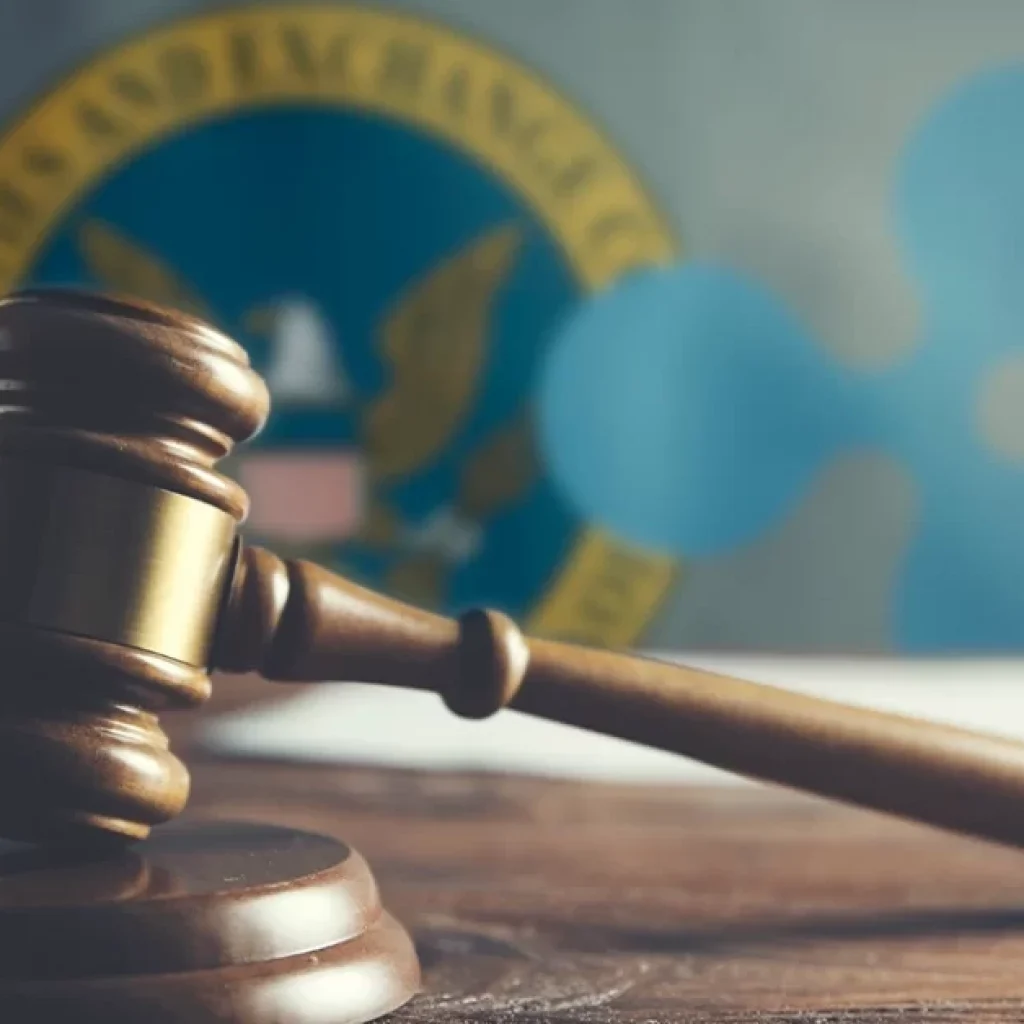On November 8, U.S. Representatives Zach Nunn (R-Iowa) and Abigail Spanberger (D-Va.) introduced a bill dubbed the Creating Legal Accountability for Rogue Innovators and Technology (CLARITY) Act. If approved, the bill will introduce fresh laws that will significantly restrict how U.S. government officials, including elected leaders, engage with blockchain companies, including exchanges and stablecoin issuers, based in China.
CLARITY Act To Protect U.S. Interests?
According to the bill, all government officials, for fear of espionage, sabotage, and protection of U.S. intellectual property from theft, will be barred from interacting with Chinese crypto firms, including the parent company of USDT, the world’s largest stablecoin, Tether Holdings, platforms like NEO, a blockchain designed to compete with Ethereum but whose team is in China, and the Blockchain-based Service Network (BSN).
The CLARITY Act aims to ensure the safety of national security. Also, it looks into safeguarding the private data of Americans stored in public blockchains, some of which are anchored by infrastructure in China. The bill’s creators revealed that any hack or compromise could result in unauthorized access by the Chinese.
Whether the bill will be approved and eventually implemented into law remains to be seen. However, the bill has been referred to the House Committee on Oversight and Reform. The scheduled day for voting has also not been set.
With the CLARITY Act, U.S. lawmakers are closely tracking China’s blockchain scene. Over the past few years, China has remained pro-blockchain and other emerging technologies, including artificial intelligence (AI). Even so, the world’s second-largest economy has outlawed crypto trading and mining.
For now, it remains to be seen how the precise targeting of China-based crypto firms will impact their operations if the bill becomes law. USDT is crucial to the broader cryptocurrency ecosystem as a bridge for traditional finance users to explore. At the same time, in times of heightened volatility, USDT can act as a safe haven.
U.S. Active In The Crypto Regulatory Front
In 2023, multiple crypto-related bills have been floated in the U.S. For instance, the Financial Innovation and Technology Act (FIT) aims to create a regulatory framework for digital assets.
It proposes that one of the country’s leading regulators, the Commodity Futures Trading Commission (CFTC), be tasked with overseeing crypto assets. With the CFTC in charge, FIT might effectively legitimize crypto, allowing more institutions to explore the industry.
Moreover, the Clarity for Payment Stablecoins Act looks to provide regulatory clarity for stablecoins. Should this be made into law, it may fast-track the adoption of stablecoins as a means of payment in the U.S.





